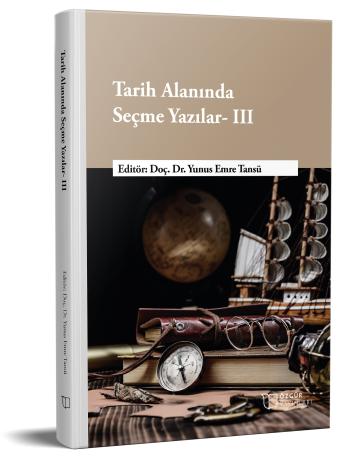
A Medical Book Belonging to Classical Ottoman Turkish: "Tibb-i Kimya´i"
Chapter from the book:
Tansü,
Y.
E.
(ed.)
2023.
Selected Papers in the Field of History- III.
Synopsis
Since the existence of humanity, medicine has been a scientific field that has maintained its importance in human life up to the present day. Wherever humans exist, diseases have also become inevitable, and every nation's people have applied the methods that they or their predecessors used to treat and prevent diseases, either by passing them down orally or by reading and implementing written works. At this point, the science of medicine has also been of great importance for Turks and has become a scientific field. Ultimately, they have developed their unique treatment methods in the geographies where they appeared on the historical stage - in the Göktürks, Uyghurs, Seljuks, and Ottoman periods - over centuries. In doing so, they have contributed with many plants, medicines, tools, and disease names. Historical texts are an important bridge from the past to the future for nations, and these works must be examined. Medical texts are also among these historical texts, and they must be examined as well. Because the data obtained from them will also contribute to the culture and literary history of that nation. When we look at the Turkish approach to medical texts, a process that began with the Uyghurs continued with the creation of many works in Anatolia. The work named Tibb-i Kimya´i written by Omer b. Sinan el-Izniki is also one of these sources. The work, which dates back to the 18th century, was written in Classical Ottoman Turkish. In terms of medicine during this period, it was the era when Western medicine and therefore medical terminology began to enter through Arabic and Persian. In the study, while information about the author of the work is given, its content and the author's other works are also evaluated. With the study, another historical medical text from the eighteenth century was introduced, and it aimed to provide a source for scientists and researchers with a work from the Classical Ottoman Turkish period. A comprehensive study to be conducted on the work in the future can reveal its contribution, particularly in terms of plant disease and medicine names, as well as language evaluations.

